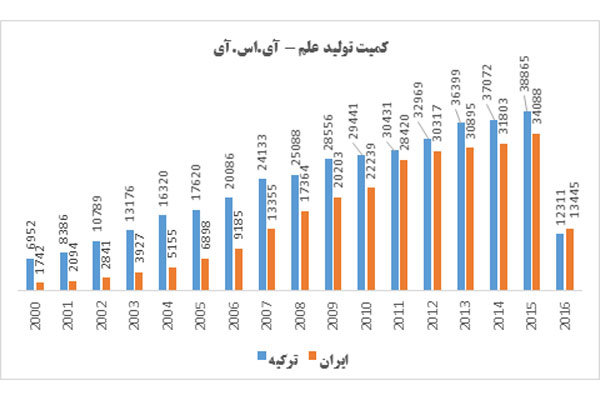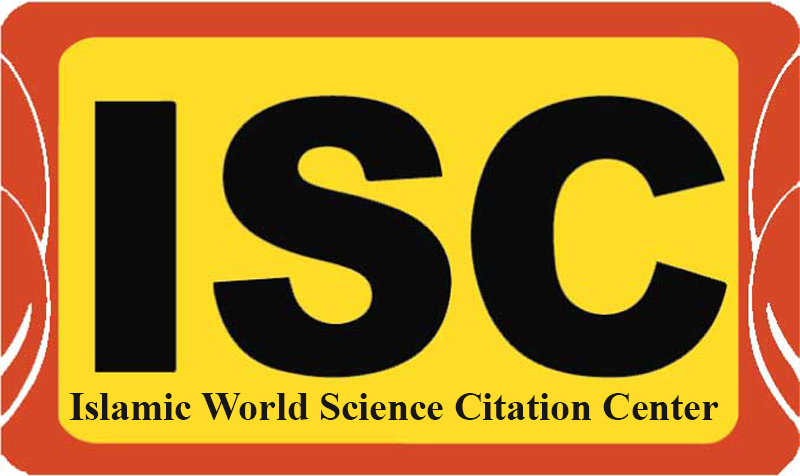
Barbed Wire Around Science: The Politicization of Knowledge
01 January 2026
Read moreThe former Vice President for Science and Technology of Iran emphasized the need for more serious efforts in the field of scientific dissemination, stating:
“These days, a kind of scientific apartheid is at work, aiming to prevent the publication and dissemination of articles submitted by our scientists to international journals. And this is happening without any scientific or logical justification.”
She added:
“One of the indicators of the development of science and technology in any country is the number of published articles and the number of scientific and specialized journals. Fortunately, in recent years, we have witnessed significant growth in the production of scientific papers. According to IFI reports, the number of Iranian articles indexed by this scientific database was 3,241 in 2006, which rose to 21,000 in 2011, and exceeded 25,000 in 2012 — approximately an eightfold increase over six years.”
According to her,
“Iran’s ranking in this database improved from 27th in 2006 to 20th in 2012. In that same year, Iran held the second position in the region.”
She also noted:
“The number of Iranian articles indexed in the Scopus database was 14,000 in 2006, which reached over 36,000 in 2012 — a 2.5-fold growth. In this regard, we even surpassed Turkey, ranking first in the region and 17th globally.”

She stressed:
“This achievement does not fully reflect the efforts of our country's researchers. Many articles are published in Persian-language scientific journals but are not indexed in these international scientific databases.
She mentioned:
“In recent years, the Islamic World Science Citation Center (ISC) has begun indexing our articles, but we still haven't succeeded in getting many of our scientific articles included in other reputable and well-known databases.”

She highlighted the importance of increasing both scientific production and its dissemination:
“We must not only increase our share in scientific output but also make more serious efforts in publishing it. As I mentioned earlier, there is a scientific apartheid underway, trying to block the publication of our scientists’ articles in foreign journals, without any valid scientific or logical reason.”
She further stated:
“In 2005, the number of Iranian journals indexed was fewer than the fingers on one hand. But by 2012, 150 of our journals were indexed in ISI and Scopus databases. Today, 13 years later, this number has grown significantly and continues to increase at a remarkable rate.”
She concluded by emphasizing two key points:
1. The need to make specialized journals accessible to the general public.
2. The urgent need to use media tools to promote scientific discourse in plain language.
She concluded her remarks by adding a point regarding media engagement:
“The Ministry of Culture can help by issuing licenses for scientific news agencies and launching science news services. This would help turn the language of science into a public, comprehensible language for all, because the media can serve as a powerful tool to clarify and communicate scientific activities both domestically and internationally, especially in the face of blind hostility rooted in weakness and submission—an issue that experts in the field must give special attention to."
Comments